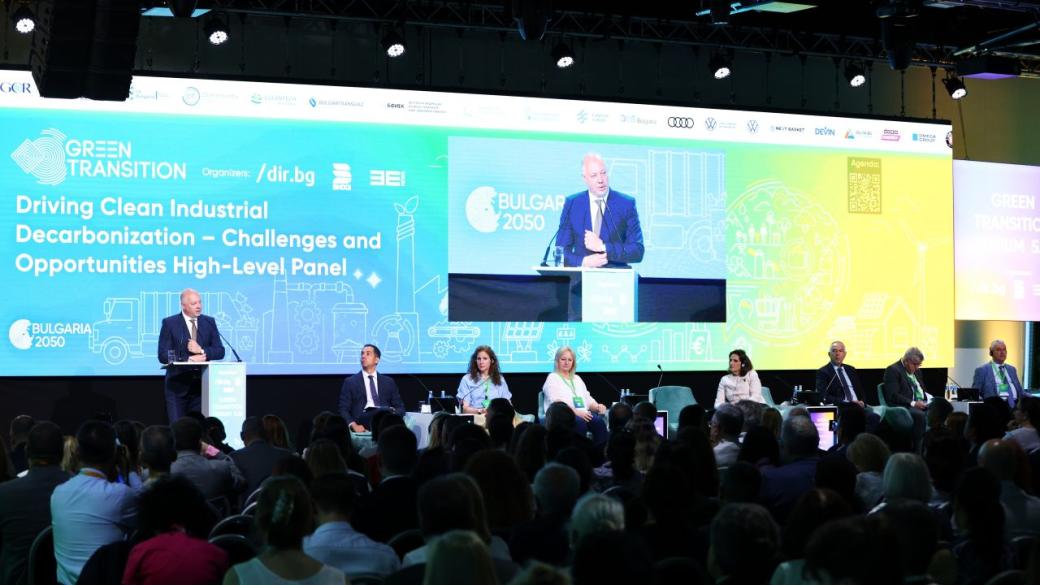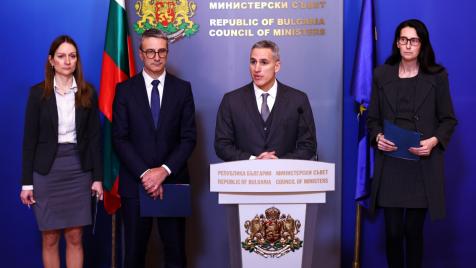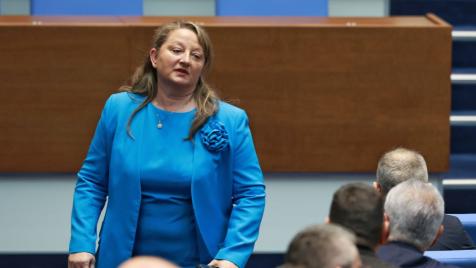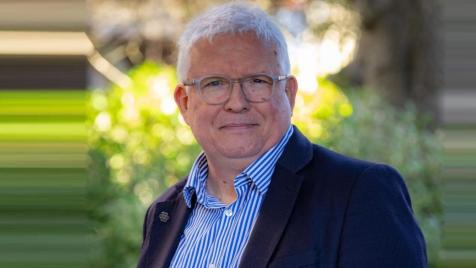Zhelyazkov: It is time for visionary reforms in Europe's energy sector
The government has the task of translating European initiatives into the “language of the Bulgarian market”

Europe must build its competitiveness in conditions of raw material shortages and dependence on external energy sources, and the way forward lies in bold reforms, Prime Minister Rosen Zhelyazkov said at the Green Transition Forum 5.0. According to him, energy and modern industrialization are the driving force that will turn climate neutrality policies into real benefits for society and business.
Competitiveness at a time when Europe has not yet developed its energy independence requires reform. This is where visionaries have a role to play in convincing society of the need for targeted efforts.”
The government's task is to translate European initiatives – including the Clean Industry Pact and the Roadmaps for Heavy Industry – into the “language of the Bulgarian market” by ensuring predictable conditions, access to financing, and clear regulatory rules.
According to the prime minister, key steps include developing the electricity grid, expanding renewable energy capacity, and full market integration. He stressed that without its own infrastructure and diversified sources, the region will remain vulnerable, which is why energy reforms go hand in hand with industrial modernization.
Zhelyazkov noted that Europe has already achieved a standard of living that the rest of the world aspires to. So when the Green Deal was announced in 2019, with its ambitious goals for carbon neutrality by 2050, it was seen as part of the virtues, part of the understanding of quality of life. However, the topic unfolded against the backdrop of the crises we had experienced: financial, migrant, health (COVID-19), and war in Europe. Thus, although the goals of the deal sound inspiring, their implementation began to cause divisions in society and criticism from the business community, the prime minister noted.
That is why we must understand that these policies only make sense if they are combined with innovation, pragmatism, and social justice, Rosen Zhelyazkov added.
The prime minister emphasized that Bulgarian businesses are showing a high level of national responsibility by investing in energy-efficient technologies. For its part, the government has a duty to adapt policies to the needs of the national economy.
The European Commission's ambitious plan must be supported by every member state.
Our government fully supports these policies, along with the measures and action plan related to the clean industry deal," said Zhelyazkov.
Marianna Varbanska, intern reporter at Economic.bg, worked on this story.
Translated with DeepL.

 Economic.bg
Economic.bg 


